Made in Germany: Innovative chemical and pharmaceutical industry
The Long History of German Inventions in Everyday Use
- Next Stop Germany
- Series "Made in Germany" - Industry Expertise
- Made in Germany: Innovative chemical and pharmaceutical industry
- Made in Germany: Where sustainability is an expert matter
- Made in Germany: Plan your Finance Event in the Heart of Europe
- Made in Germany: Join the Healthcare Revolution
- Made in Germany: Dive into innovation and technology
- Made in Germany: Take your transport and logistics event to the next level
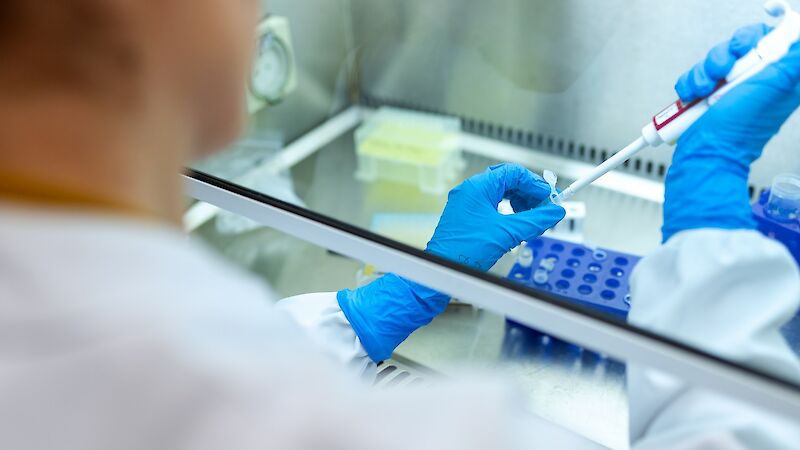 © Unsplash / Foto: This is engineering Raeng
© Unsplash / Foto: This is engineering Raeng
Germany is a leading location in the chemicals and pharmaceutical industry with a long history. Many groundbreaking inventions in this field come from Germany. In terms of revenues, the German chemical and pharmaceutical industry is by far the largest European chemical and pharmaceutical industry and the fourth-largest worldwide.
German Inventions in Everyday Use
Did you already brush your teeth today? Then congratulations, you just had your first contact with Germany this morning! Why? The German pharmacists Ottomar von Mayenburg developed toothpaste as we know it today in a small laboratory above his pharmacy in Dresden. Though traditional formulas of pumice and vinegar had existed since Ancient Egypt, von Mayenburg worked to create something more user-friendly. In 1907 he experimented with tooth powders, essential oils and mouth washes. What he came up with was a toothpaste he named Chlorodont with a little peppermint added for a good taste. He also invented the squeezable, flexible metal tubes that we all use today.
Another question: Do you use Aspirin from time to time against headaches? Then you have – again – a German creation in your pocket! Known as the white wonder, Aspirin was developed by a young chemist named Felix Hoffmann in 1897 for the German pharmaceutical company Bayer. It was the first effective pain remedy to have few side effects. Aspirin is still one of the most common drugs in use worldwide for treating pain, fever and inflammation. No longer produced only by Bayer, about 12,000 of the 50,000 tons of Aspirin produced annually still come from Bayer.
If you are wearing glasses, you probably fall back to contact lenses from time to time. You will already suspect it: they were invented in Germany in 1887. The German ophthalmologist Dr. Adolf Gaston Eugen Fick first fitted rabbits with the lenses, and later made them for humans. Made from heavy brown glass 18-21mm in diameter, they could be worn only for few hours at a time.
Have you ever associated these inventions with Germany? Nowadays, the chemical-pharmaceutical industry is a key industry in Germany.
The German chemical-pharmaceutical industry is Number 1 in Europe
With chemical parks, innovative small companies and a network of internationally respected research institutes, Germany is a leading location in this industry. In addition, with its wide range of products and high number of innovations, the German chemical-pharmaceutical industry is a major supplier for other industries and competitive internationally. In terms of investment and revenues, as well as applications for research and development, Germany is number 1 in Europe and number 4 worldwide.
Besides the industry is an important provider of impulses for the economy in Germany. With its investments and know-how, the industry continually generates further developments in industrial processing sectors. The German chemicals industry benefits from highly qualified staff, high levels of innovation and a strong research and development sector. Within the EU, Germany is the largest individual market for biopharmaceuticals, and ranks second in the world behind the USA. It also has proportionally more scientists with a PhD than the USA.
Benefit from the Expertise in chemicals and pharmaceuticals
Stimulating venues for business events are provided by internationally acclaimed scientific institutions such as the German Research Foundation, the Helmholtz Society, the Fraunhofer Institute, the Leibniz Association and the Max Planck Institute. Centres of expertise for chemicals and pharmaceuticals you could find all over Germany, e. g. in the area of Cologne, Dusseldorf, Münster, Frankfurt am Main, Mainz, Heidelberg, Mannheim, Karlsruhe, Dresden and Weimar. Use the local Expertise for your next event and find the right experts on site.
So maybe you think of Germany when planning your next event within a chemical and pharmaceutical context. Anyway, see you tonight, when you are brushing your teeth!
Braunschweig
- Helmholtz Centre for Infection Research
- The National Metrology Institute of Germany (Physikalisch-Technische-Bundesanstalt)
Münster
Weimar
(Please contact the Weimar GmbH directly: Mrs Christiane Bock, bock@weimarhalle.de Telefon: +49(0)3643 745 316)
 ©
©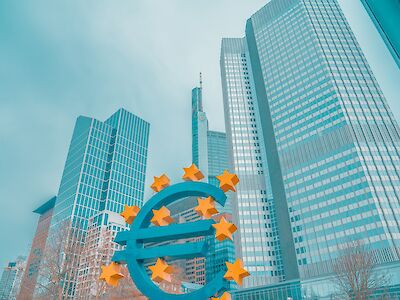 ©
©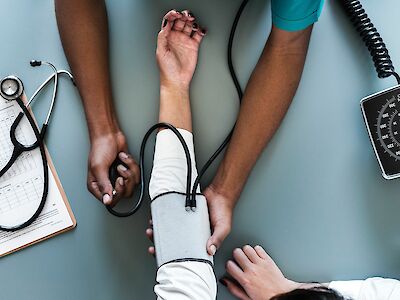 ©
©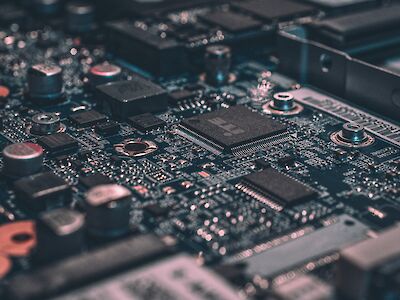 ©
©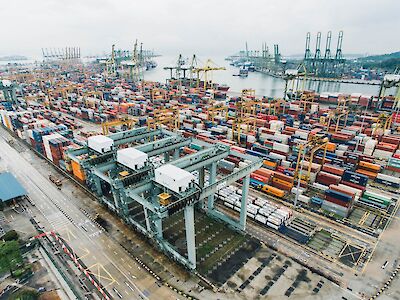 ©
©